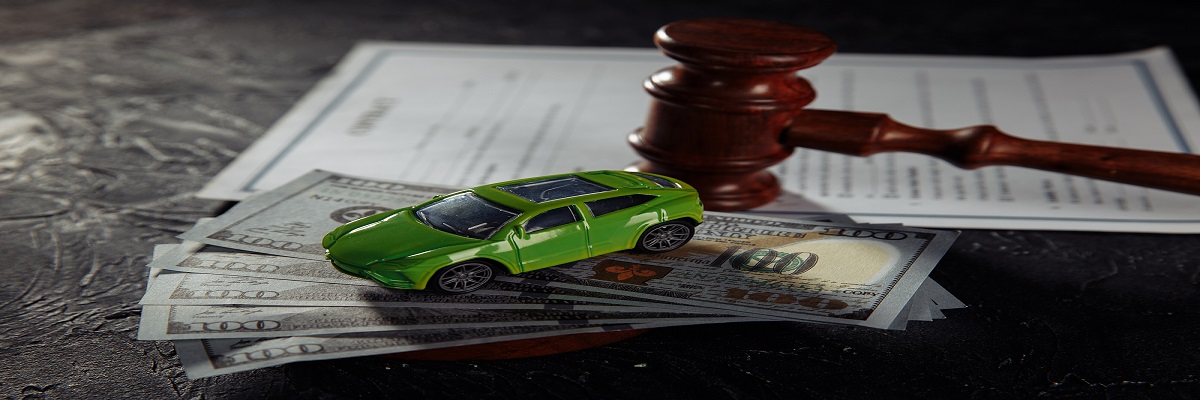Call: 888-297-6203
If you are filing for bankruptcy, there are factors which determine whether you can keep your vehicle or not. According to Dallas law firm lawyers, these factors include whether you are filing for a chapter 7 or 13 bankruptcy, whether you are current or behind car payments, and is the equity in the vehicle exempted or not.
Keeping vehicle in Chapter 7 bankruptcy
In chapter 7 bankruptcy, most debts are discharged in exchange of giving up your non-exempt property. The non-exempt property is liquidated by bankruptcy trustee and the money generated is paid to the unsecured creditors. For you to keep your vehicle in this bankruptcy chapter your equity in car should be exempted and you should be current on your payments.
- Vehicle equity exemption – Every state allows bankruptcy filers to protect property up to a fixed dollar amount. The motor vehicle exemption amount varies tremendously from state to state (from $ 500 to several thousand dollars). If the equity is significantly more than the exempted amount, the trustee will sell the car, hand over the exempt amount to you and use the remaining amount to repay unsecure creditors. If you wish to keep your car, you can use other exemptions like wildcard exemption along with the vehicle exemption. You could handover another non-exempt property in exchange for keeping your car. Alternately, you could pay the amount of non-exempt equity of the vehicle.
- Car payments current or lagging–If you are behind your payments in a chapter 7 bankruptcy, you will end up losing your vehicle, even if the equity is exempted if you cannot pay for the arrearage. Alternately, if you and the lender come to agree on another payment plan, you can keep the car
Other options available to debtors include:
- Redeeming the property: In chapter 7 bankruptcy you can redeem the car by paying the lender the current value of the vehicle. This can take place if the car is exempt or the trustee has decided not to sell it. Usually, this option requires one-time payment and is therefore not possible for bankruptcy filers.
- Reaffirming the debt: If your lender agrees to a new payment agreement which might have a change in terms of contract, you can keep your car. Unfortunately, defaulting on the loan will make you liable for the deficiency balance irrespective of bankruptcy discharge.
What happens to your vehicle in chapter 13 bankruptcy?
Keeping your car is easier in a chapter 13 bankruptcy even if you have significant equity in it or are behind car payments. This is because you pay for the debts through a 3-5 years repayment plan which allows you to catch up on arrearage as well as keep non-exempt property. moreover, under certain conditions, you might even end up reducing the car loan (if the car is worth less than what you owe on it). Call (888-297-6203) to consult with experienced bankruptcy lawyers regarding this issue.

